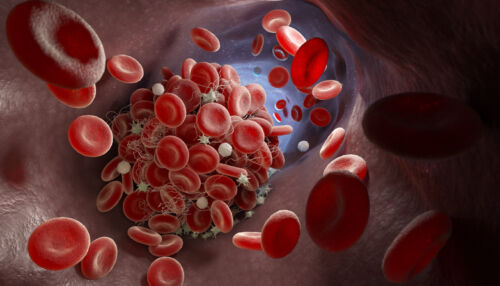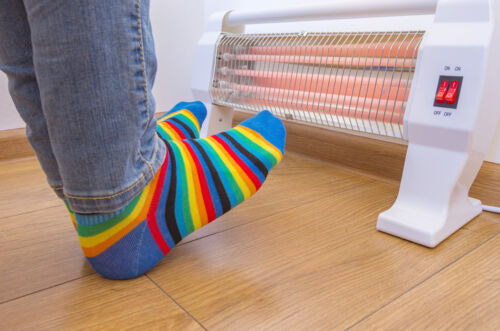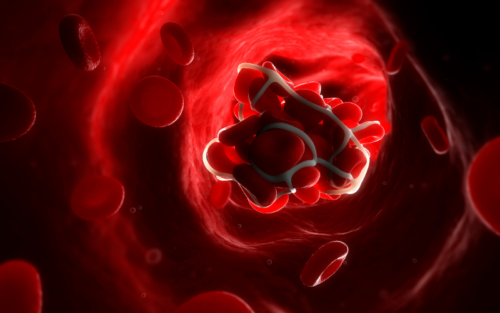
Blood Clot in the Foot - Symptoms and Treatment
Discover 5 common symptoms of a blood clot in the foot. See common symptoms, causes & risk factors for blood clots in foot. For a thorough diagnosis and personalized treatment plan, schedule a consultation with our expert vein physicians at Center for Vein Restoration.

Varicose Vein Treatment: Endovenous Laser Therapy
The prevalence of vein disease equates to substantial loss. CVI can result in venous ulcers and blood clots. These late complications cause the loss of about 2 million workdays and are a financial burden for the United States healthcare system of three million dollars annually. Even without major complications, varicose veins alone contribute to a significant reduction in quality of life. Let's review Endovenous Laser Therapy and its effectiveness for varicose veins.

What to Expect if You Have Chronic Venous Insufficiency
If left untreated, this common condition can progress to deep venous thrombosis, or DVT, and venous ulcers. A venous ulcer is a wound on the leg or ankle caused by damaged veins. Keep reading to learn how to improve your leg health using CEAP classification and early treatment. Read on to learn what CEAP stands for and how to use it to learn more about your vein condition.

Blossoming Bumps and Varicose Veins: A Guide to Pregnancy and Vein Health
Pregnancy is a joyous time filled with exhilarating expectations. However, not all aspects are joyful. Unpleasant side effects of varicose veins often distract from the delight of pregnancy and cause unnecessary discomfort and embarrassment.
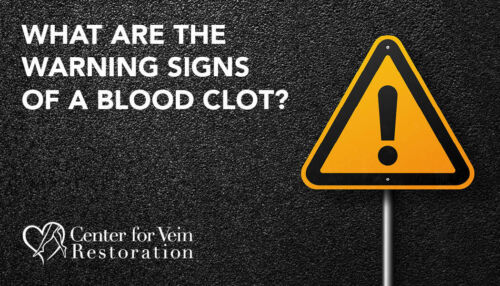
What Are the Warning Signs of a Blood Clot?
Blood clots are healthy and lifesaving when they stop external bleeding, but they can be dangerous or even fatal when they occur inside the body.

How Do I Tell the Difference Between a Cramp and a Blood Clot in the Leg?
Learn to determine the difference between a cramp and a blood clot in the leg. It could save your life.

Your Dark & Bulging Veins Can Be a Sign of a Deeper Issue
Learn the cause of and what to do about dark & bulging leg veins.
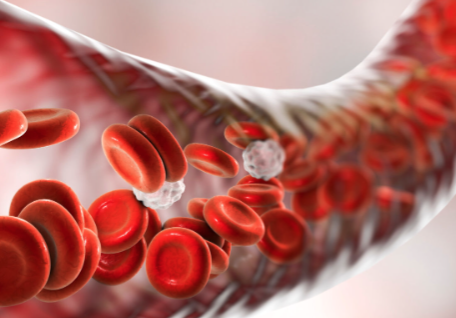 About Vein Disease
About Vein Disease
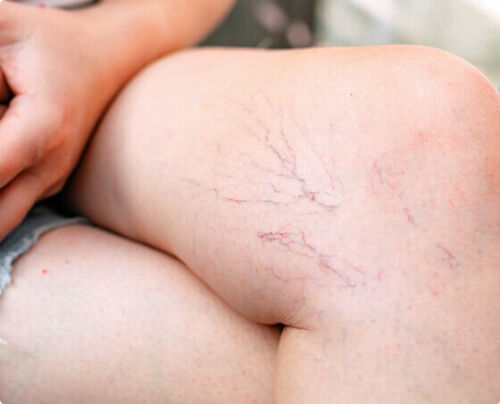 Spider Veins
Spider Veins
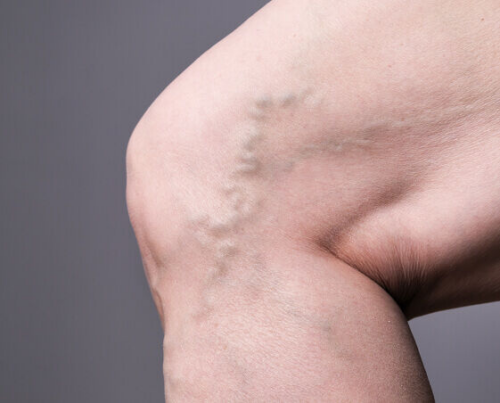 Varicose Veins
Varicose Veins
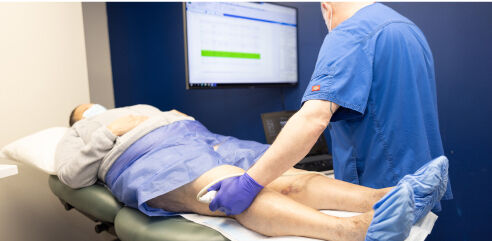 Vein Disease Treatments
Vein Disease Treatments
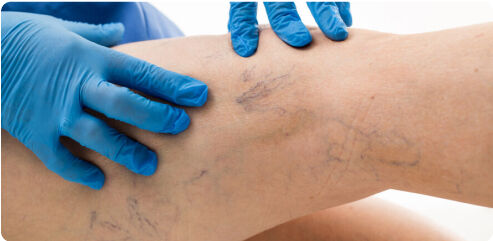 Treating Spider Veins
Treating Spider Veins
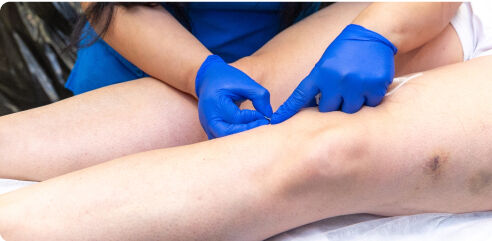 Treating Varicose Veins
Treating Varicose Veins
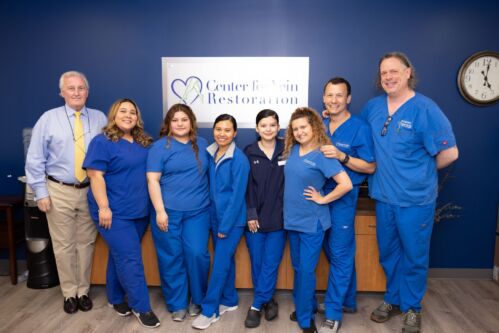 About Us
About Us
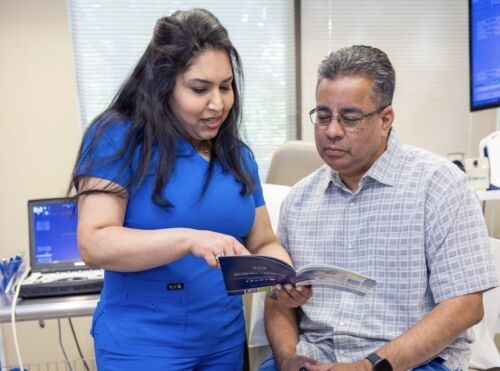 Patient Resources
Patient Resources
 Physician Resources
Physician Resources

